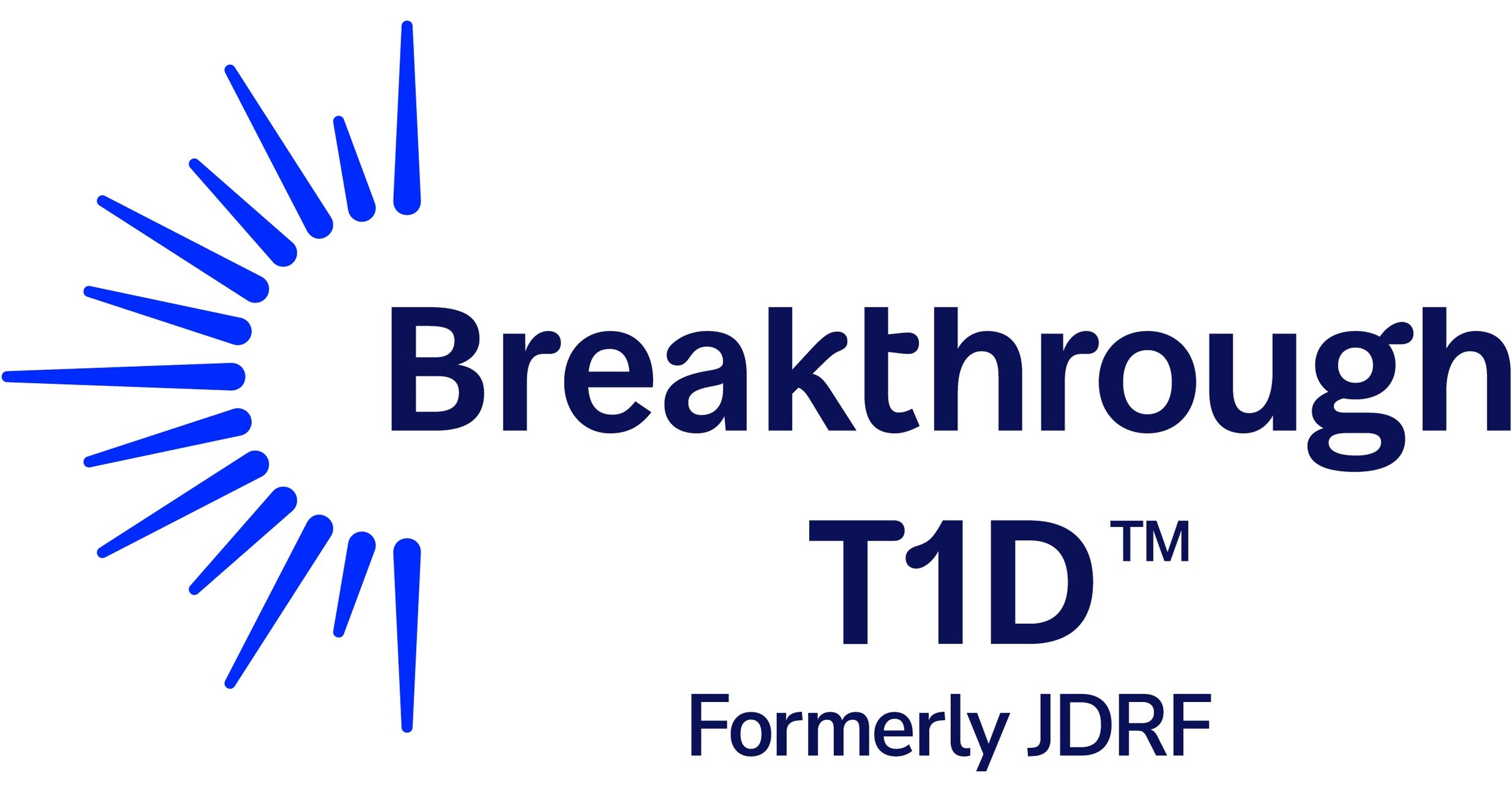Framework provides recommendations for effective CKM use for those at risk of diabetic ketoacidosis
NEW YORK, Dec. 10, 2025 /PRNewswire/ — Breakthrough T1D, the leading global…

Framework provides recommendations for effective CKM use for those at risk of diabetic ketoacidosis
NEW YORK, Dec. 10, 2025 /PRNewswire/ — Breakthrough T1D, the leading global…
HANGZHOU, Dec. 10 (Xinhua) — Chinese scientists have harnessed one of the human body’s fastest and strongest immune responses to develop a potential new weapon to fight cancer, according to a study published in Cell on Wednesday.
The…

In patients with cardiac sarcoidosis (CS), left bundle branch area pacing (LBBAP) is feasible and provides stable long-term lead performance, according to a single-center retrospective study published Nov. 21 in JACC: Clinical…

Half of people arrested recently in London were found to potentially have undiagnosed ADHD, according to a study calling for better neurodivergence screening for vulnerable individuals.
Research by the University of Cambridge found that one in two…

Recognizing a need to update the 2021 criteria for monitoring disease progression in patients with transthyretin amyloid cardiomyopathy (ATTR-CM), a group of international experts shared new proposed criteria, including recommendations for…

Rapid weight gain in early life is a well-documented risk factor for childhood obesity, as well as the onset of various cardiometabolic indicators in the paediatric population. The role of rapid weight…
